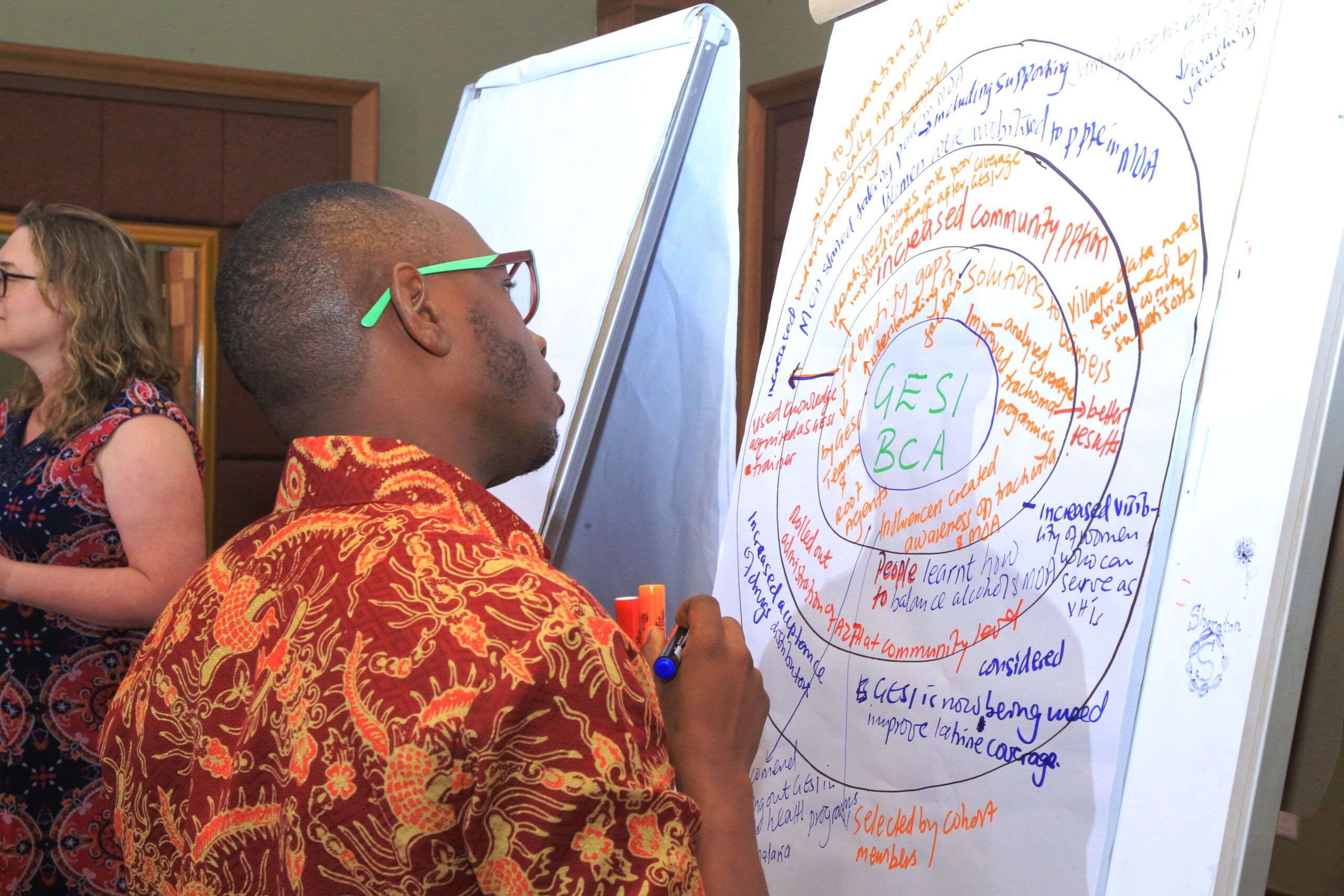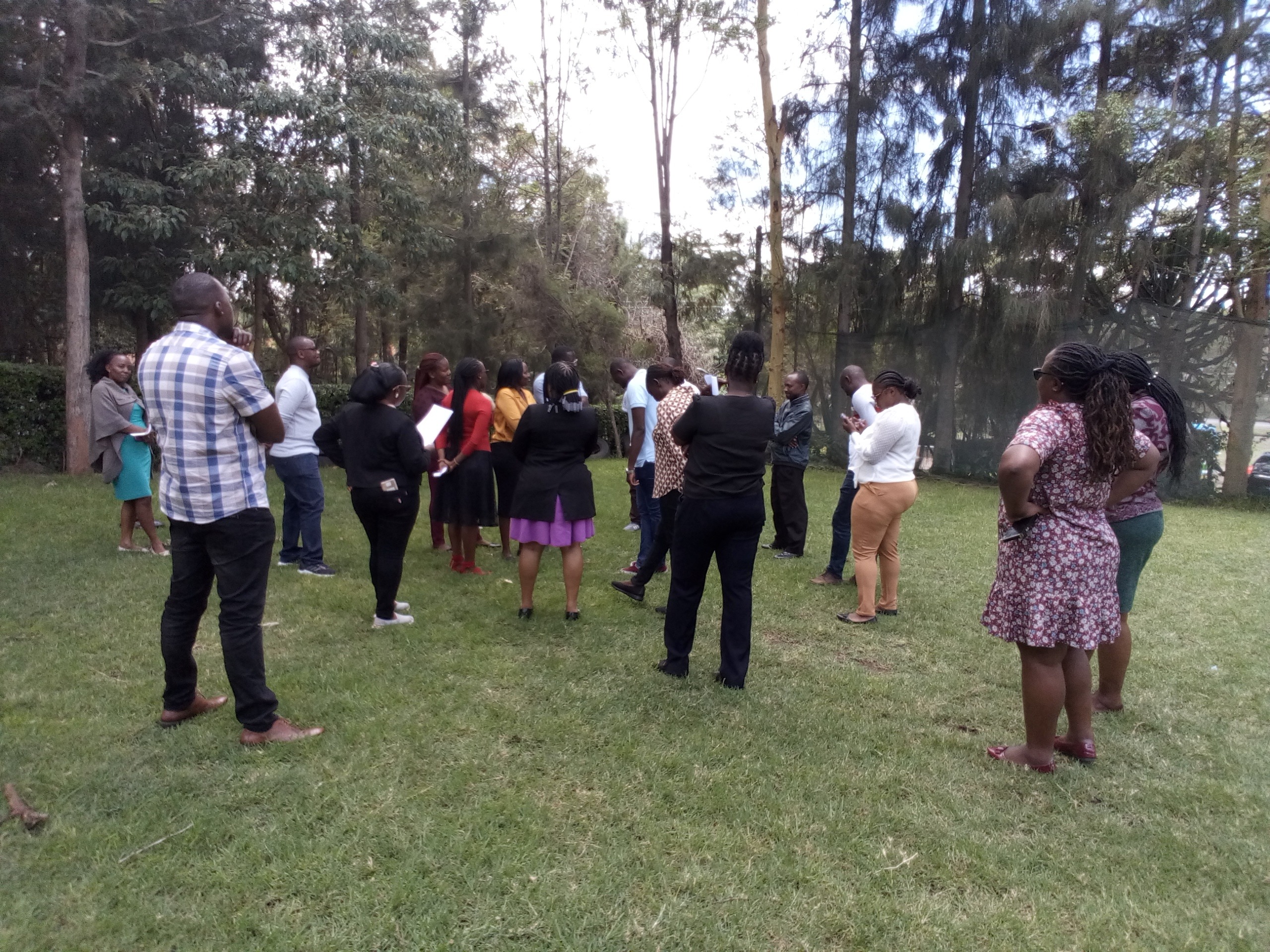WI-HER Expands Its Work in Neglected Tropical Diseases Through Work with the END Fund and Pilgrim Africa

Neglected tropical diseases (NTDs) affect more than a billion people worldwide. Still, they are considered “neglected” because they often impact the poorest or most marginalized populations—with often disproportionate risk and outcomes for women and children—based on conditions of gender, age, ethnicity, mobility, disability, location, or other factors. As such, far too often, many groups are not reached because programs or interventions are not considering issues related to gender equity and social inclusion (GESI) and the factors that influence access, acceptance, and use of information about NTD risk, prevention, and treatment, and NTD medication and services. Consideration of GESI and its integration into NTD policies, programs, and services is critical in the journey toward NTD elimination.
As a leader in providing institutional support for GESI, and our past efforts and results in GESI-integrated NTD programming and approaches, in 2023, two new partners, the END Fund and Pilgrim Africa, engaged WI-HER to contribute to integrating GESI into their NTD programming efforts and internally through their tools and investments. While the role that WI-HER is serving through these two partnerships differs, the core of our work will be the same: to serve as a resource and trainer in GESI.
As a partner to Pilgrim Africa on the Bill and Melinda Gates Foundation (BMGF) funded project, NTDs in Uganda-Adapting the HRP Toolkit, WI-HER is:
- Strengthening the capacity of the project consortium on GESI integration in the NTD response;
- Sharing proven approaches and results in the GESI-integrated NTD response in Uganda, specific to findings from a GESI assessment and behavior change activities to improve access, acceptance, and use of preventive medications for trachoma in five districts;
- Integrating key GESI concepts and examples into a toolkit to reach hard-to-reach populations with NTD services; and,
- Serving as a member of the project’s Technical Advisory Group, which convenes country-based and regional NTD partners and stakeholders

Additionally, through our work with the END Fund, WI-HER is:
- Mainstreaming GESI within the International Programs Team (IPT) through a series of trainings to share and build awareness around key GESI concepts, approaches, and results when integrating GESI into NTD programs and investments;
- Leading the development and adaptation of various tools, checklists, and other approaches to operationalize GESI across IPT programs and support to grantees;
- Providing GESI technical support to END Fund-supported ARISE (Accelerating Resilient Innovative Sustainable Elimination of NTDs) programs through in-person and virtual GESI trainings in a total of five countries; and,
- Co-creating actionable and strategic GESI action plans with ARISE country teams to inform GESI-focused programming and priorities.
Through these activities, WI-HER will offer concrete guidance and processes that enhance the GESI sensitivity of each project’s and partners’ tools, approaches, and more.
“Understanding the role and importance of GESI-related data is critical to evidence-based decision-making in NTD programming and interventions,” says Sara Pappa, WI-HER’s Director, Program Implementation. “By building the capacity of our partners in applying GESI in their work, through customized training programs, we are helping countries create more sustainable interventions and ultimately meet their NTD prevention and elimination goals.”
Through our partnerships and work with END Fund and Pilgrim Africa, WI-HER is helping to ensure that a gender equity and social inclusion lens—one that considers the unique needs and priorities of various groups—is applied to NTD programming worldwide.
About WI-HER, LLC
Launched in 2011, WI-HER is a woman-owned small business focused on supporting local partners and communities to design and implement contextually-appropriate, innovative solutions to development challenges. Our programmatic approaches strategically apply a gender equity, youth, and social inclusion lens to identify pathways to better outcomes and transformative change. Our tools, including our results-oriented iDARE methodology, have amplified the power of individuals and communities to drive equitable and inclusive change in over 50 countries worldwide. Our work is led by global experts who are dedicated to amplifying the power and voice of individuals, communities, and institutions to drive equitable, just, and inclusive change.